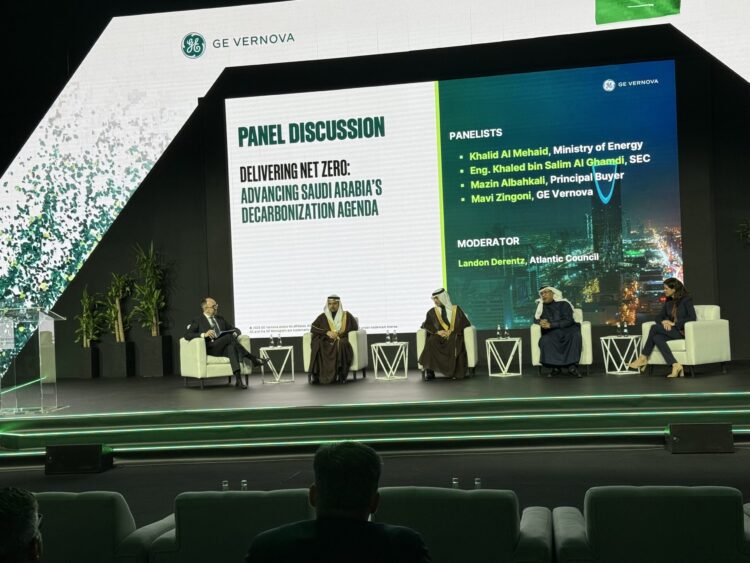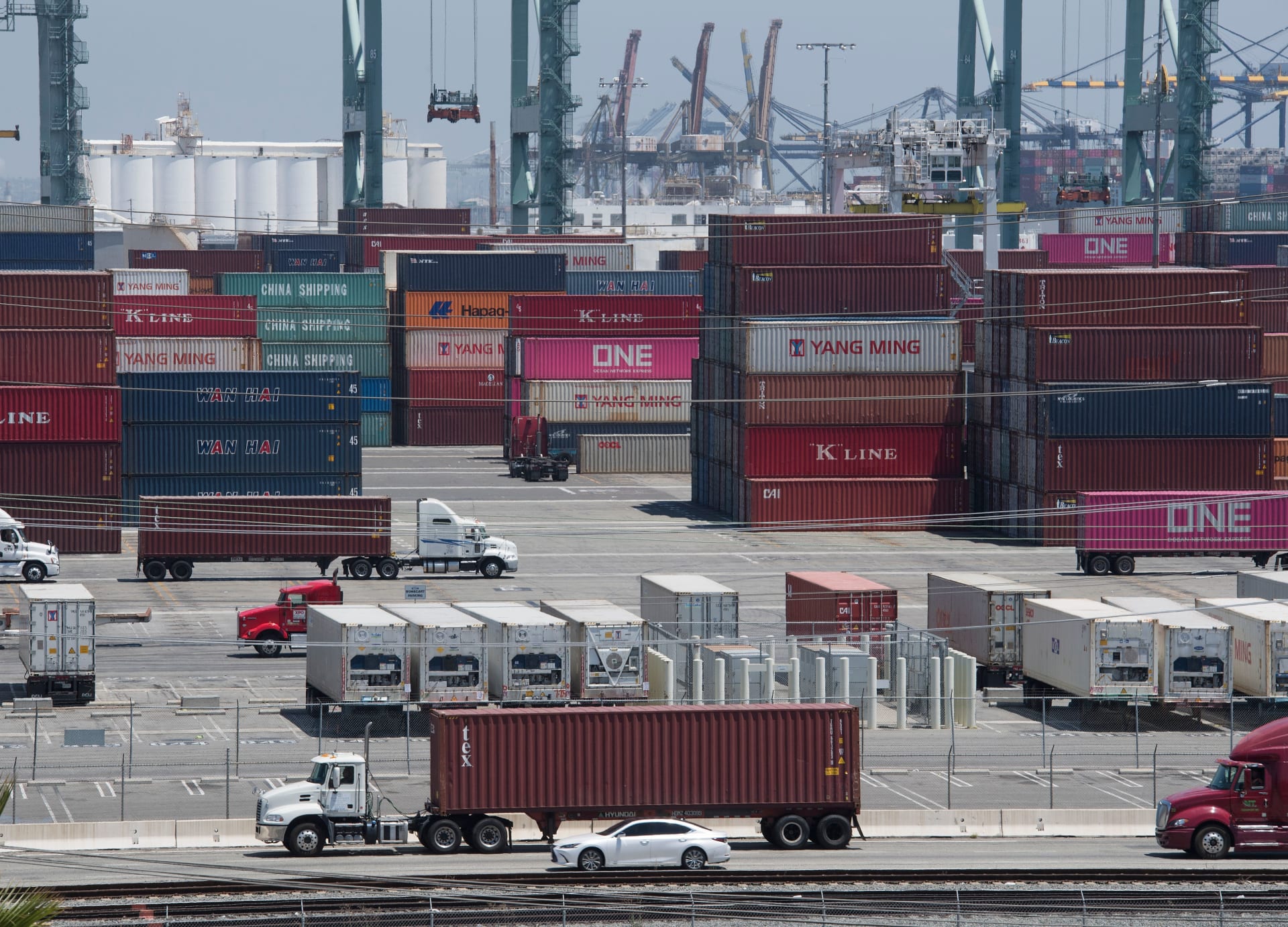Publisher: Maaal International Media Company
License: 465734
Saudi Electricity: 27 gigawatts will be operated within 5 years.. We manage more than 900 thousand kilometers of distribution networks
By: Fahad Al-Talal
Engineer Khalid bin Salem Al-Ghamdi, Acting CEO of the Saudi Electricity Company, said that during the next few years, more than 27 gigawatts will be operated during the next five years, and more than 95 thousand kilometers of transmission lines will be operated by 2030. He explained that at the present time, the company manages more than 900 thousand kilometers of distribution networks, with a total of nearly one million kilometers. Al-Ghamdi added during his participation in the New Era of Energy conference, organized by General Electric Vernova Saudi Arabia, in a session titled “Achieving Net Zero: Driving the Decarbonization Agenda in Saudi Arabia”, that the Kingdom used to take decades to achieve major transformations, but in less than a decade, it is moving steadily towards achieving an energy mix of 50% renewables and 50% fossil fuels by 2030.
He pointed out that achieving this goal is being done in cooperation with the Ministry, suppliers and the main buyer of energy, stressing that the Saudi Electricity Company sees itself as the largest contributor to this transformation in the energy sector.
اقرأ المزيد
He explained that the Kingdom is adding more than 50% of its current infrastructure in just five years, which reflects the speed and efficiency with which the Kingdom operates, noting that this development is not limited to keeping pace with the world, but rather sets a new standard for the rest of the countries to learn from.
For his part, Dr. Khalid Al-Mahid, Deputy Minister of Energy for Sustainability and Climate Change, said that Saudi Arabia has worked from the beginning to build a system that can accommodate all types of approaches and adapt to different conditions and situations, which was emphasized at the Energy Summit 2025 hosted by the Kingdom. He explained that the focus is not only on the source of energy, but also on the resulting emissions and how to manage them, regardless of the source. Al-Mahid added during his participation in a session titled “Achieving Net Zero: Driving the Decarbonization Agenda in Saudi Arabia” that there is another important transformation represented by the transformation in materials, which not only contributes to achieving the goals of the Paris Climate Agreement, but also ensures their achievement within the framework of sustainable development. He pointed out that Saudi Arabia was able to launch two major initiatives that contribute significantly in this field, stressing its full commitment to achieving these goals. He explained that this commitment helped to see the picture clearly from an early time, even before 2016, as it was clear that technology would be the key element to achieving this transformation. He pointed out that current projects, such as partnerships with GE and others, are expected to contribute to the development of these technologies to achieve the desired climate goals.
He stressed that achieving consensus on emissions, specifically greenhouse gas emissions, was the primary goal, as the Kingdom seeks to achieve a balance between emission sources and the environment’s ability to absorb them, as stipulated in Article 4.1 of the Paris Climate Agreement. He explained that the agreement at the time confirmed that a comprehensive approach is the optimal path, taking into account that different regions have different circumstances, interests and resources that affect their ability to achieve their goals quickly.
He concluded that the Kingdom’s commitment to the Paris Climate Agreement was the only way to ensure the achievement of the pledges it made in the field of reducing emissions and achieving sustainability.









